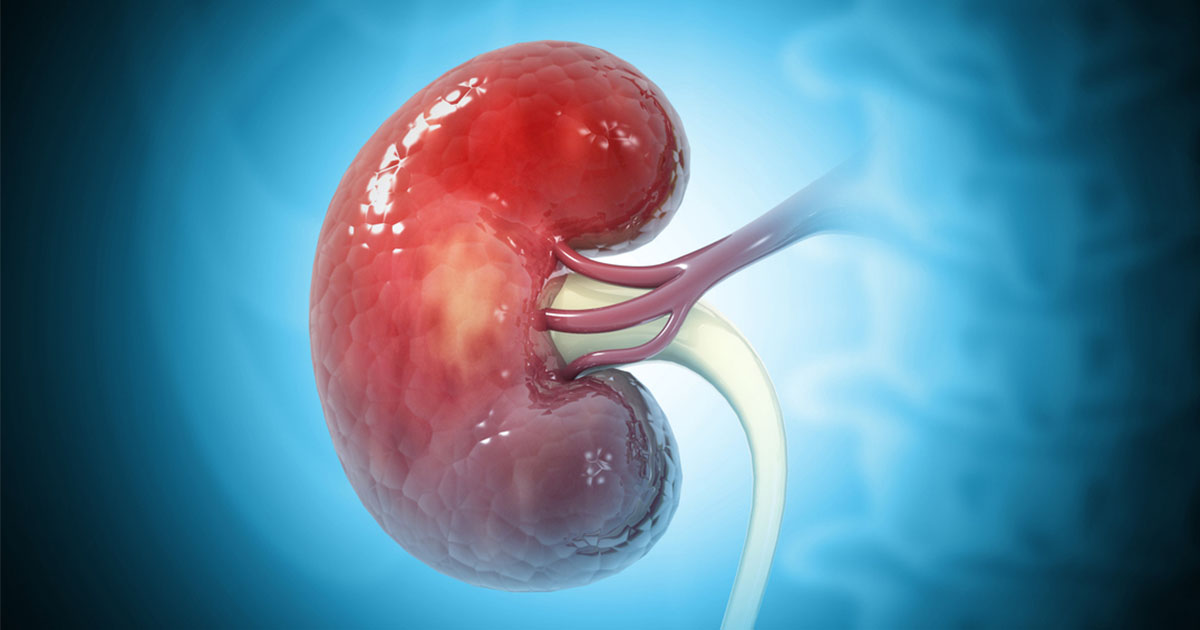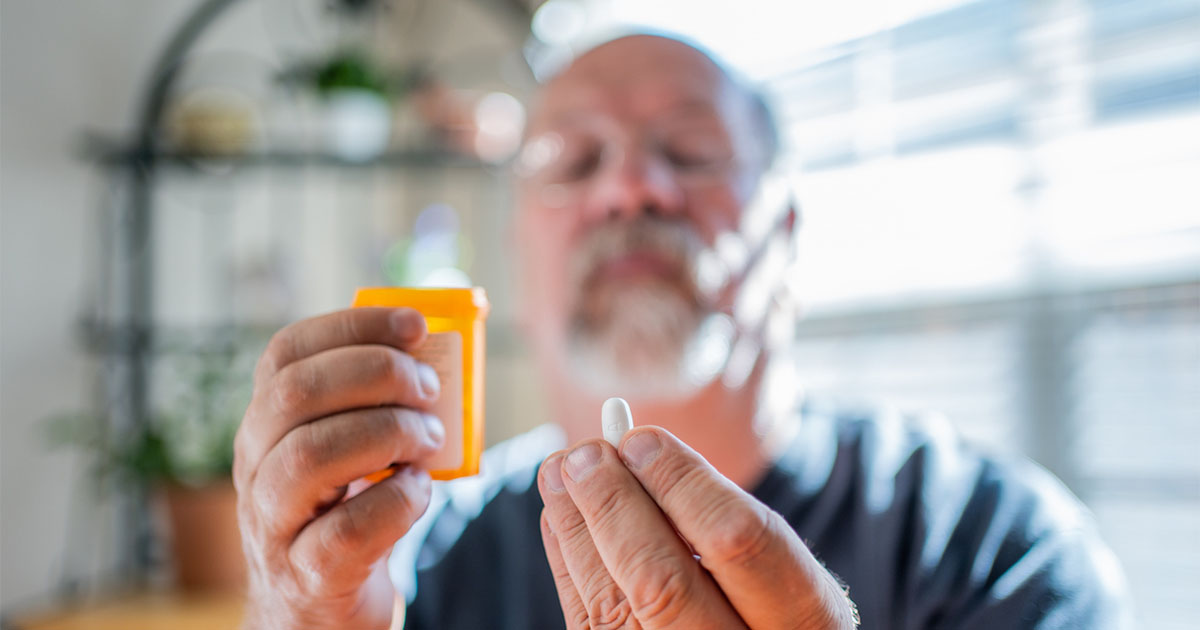Throughout the development of services in Enfield PCT the input from local people with diabetes has always been sought to ensure that the service provided is in keeping with their requirements (Department of Health [DH], 2006). We have a flourishing National Service Framework for Diabetes Implementation Group, which acts as our network group and includes people with diabetes. The group’s remit is to develop services for the people of Enfield PCT in line with Government recommendations and local need.
To date the authors’ diabetes nursing service has received a total of 1713 referrals. We receive an average of 57 referrals each month, of which only 10% are referred on to the acute services at either the North Middlesex University Hospital (NMUH) or Chase Farm Hospital (CFH). As mentioned in our original article (Hicks and McAuley, 2006) we underwent a project to repatriate appropriate patients from acute services back to either the diabetes nursing service or their own GP. The total number of patients transferred back to primary care by the end of the project in September 2007 was 972. Appropriate patients are still being transferred back to primary care when identified by the hospital teams.
Patient satisfaction
To assess patient satisfaction with the diabetes nursing service, a survey was performed in January 2007 and the results were published locally in May 2007. Overall, 260 people who had attended diabetes nursing service clinics at the Forest Primary Care Centre were asked to complete a postal questionnaire asking for their opinions on various aspects of the service. Of the 43% of people who completed the questionnaire, 94% were seen within 30 minutes of their appointment time, 98% felt listened to, 93% felt they were involved in their treatment decisions and 62% learnt more about their condition. A concurrent survey performed among GPs, of whom 43% returned the questionnaires, suggested that 86% valued the diabetes nursing service.
Presently, we are performing a clinical outcomes audit on over 1700 referrals to assess how effective the diabetes nursing team have been in improving clinical parameters such as HbA1c, blood pressure, lipid profile and weight.
Care pathway development
In September 2006 we published our diabetes care pathway locally (the latest version is available at www.enfieldpct.nhs.uk/publications/pdf/diabetes_care_pathway.pdf [accessed 18.08.08]). We have since added extra subjects, including painful neuropathy, chronic kidney disease, erectile dysfunction and blood glucose monitoring. In May 2008 we published an updated version of the pathway incorporating the recommendations of the new NICE type 2 diabetes guidelines (NCCCC, 2008). We are very proud that a number of PCTs around the UK have shown an interest in the pathway ,and one has adopted it in totality.
We are working on two new additions; guidelines for obesity and diabetes, and our insulin initiation care pathway. The insulin initiation care pathway will ensure that no matter where insulin is initiated, whether it is in a primary, intermediate or acute setting, the quality of care will be the same, ensuring that every person who needs insulin will be given the same level of choice, information and support.
The model of diabetes care used in Enfield PCT was initially developed in late 2005 and it identifies four levels of care (Figure 1). Level 1 is basic diabetes care that should be delivered by all GP practices within Enfield PCT. Level 2 is more complex care that is delivered by those practices who receive an enhanced payment. Level 3 is intermediate care delivered by the diabetes nursing team, and Level 4 is care delivered by the hospital teams at either NMUH or CFH. An element recently been added to the model is a competency framework. This allows practices to assess their strengths and identify where they need more work to achieve the competencies. The Integrated Career & Competency Framework for Diabetes Nursing (Hicks et al, 2005) provided a template for our framework. Anecdotally, those practices exposed to the competency framework have viewed it as a positive and useful tool for assisting them in delivering high-quality diabetes care.
As the Nurse Consultant in Enfield PCT, the first author meets with each practice wishing to provide care at Level 2 to assess whether the team has sufficient skills and knowledge. As a service, the Enfield diabetes nursing team can offer support and mentorship to enable practices to reach the required criteria for care at Level 2.
Web initiatives
We have developed our nursing policies, including those for insulin administration, insulin administration for healthcare assistants, mixing insulins, sharps disposal, blood glucose monitoring and hypoglycaemia. These are now available on our website (www.enfieldpct.nhs.uk/local_services/diabetes/professionals.shtm [accessed 18.08.2008]). Other information relating to diabetes, for healthcare professionals as well as for people with diabetes in the PCT, can now be found on our diabetes web pages. The site is updated monthly and we have received numerous contacts as a direct result of the information held on these pages from professionals and people with diabetes alike. We have shared these documents with other PCTs in addition.
As another means of support, we have a bimonthly meeting for both community nurses and practices nurses that provides new information relating to diabetes care.
Blood glucose monitoring
In 2007, we carried out a product review of current blood glucose meters in order to select the most up-to-date and efficient models. The first project we undertook involved choosing a meter for use by all our community nurses. The selected meter has now been in use for over a year, in conjunction with an external quality assurance scheme ensuring that the system is performing to the highest level of quality and safety. In April 2008 we standardised the range of meters available for use by people with diabetes to include models that are calibrated for plasma glucose, as indicated within the NICE type 2 diabetes guidelines (NCCCC, 2008).
Following the initiation of a pharmacy project, anyone needing to monitor their blood glucose levels will be able to obtain a meter from the standardised range from either a hospital, community clinic, GP or pharmacy free of charge. All the pharmacies involved in the project will be trained on how to instruct the correct use of the standardised meters, and will be able to offer quality assurance testing and provide downloadable results if requested.
Education
Education, or the provision thereof, has always been an important aspect of the diabetes nursing team’s work. We provide regular educational events for both people with diabetes and healthcare professionals.
For healthcare professionals we have established various biannual courses, including our 6-day primary care diabetes programme, which is suitable for the multidisciplinary team and now provides income generation for the PCT, and an insulin management course, which is extremely popular with our practice teams, and is always over-subscribed. We have had more than half of our 63 practice teams through the course since it began in 2006; some have even attended twice, as a regular update to maintain their skills and knowledge. We also have our annual ‘Best Foot Forward’ study day, which focuses on the care of the diabetic foot.
Both DESMOND (Diabetes Education and Self-Management for Ongoing and Newly Diagnosed Type 2 Diabetes) and a simpler routine education session are available for people with diabetes. These education sessions are very well evaluated by the people that attend; however, we are currently exploring ways to improve patient attendance.
Raising awareness
As a community-based diabetes nursing team, one of our most important roles is raising awareness about diabetes among the general public. As mentioned in the original article, Enfield is 12 miles from Central London and in 2005, had a population of 280 500 (Hicks and McAuley, 2006). Enfield has a 60/40 split of indigenous English people and those of ethnic origin. There is a diverse ethnic mix, with the top five non-English languages being Turkish, Greek, Bengali, Somali and Gujarati (Hicks and McAuley, 2006).
We have provided annual educational sessions with bodies such as the Nari Shakti Women’s group and the African/Afro-Caribbean group in order to raise awareness in these susceptible populations. We have also set up regular educational and screening sessions with our local group for people with learning difficulties. In September 2008, we are launching our guidelines for Ramadan and will be visiting our local Mosque to provide information about diabetes during Ramadan.
In 2007, Enfield PCT set up a Health Trainers scheme primarily funded by the DH to provide healthy living information and support to people who have the most need. Health Trainers are lay personnel who have completed a City and Guilds training unit enabling them to assess, inform and motivate people to live healthier lives by increasing exercise, eating well and stopping smoking. The diabetes nursing team quickly identified the need to work closely with this department and have successfully incorporated a Health Trainer into our team. The health training department and the diabetes nursing team continue to work collaboratively to ensure the best outcome for patients.
In November 2008 we are scheduled to launch a ‘Turkish Project’, which will include cookery demonstrations at our local shopping centre using healthy eating principles, information sessions on the local Turkish radio station and a survey conducted by Turkish link-workers to find out how Turkish people access health care. We have enlisted the help of a local Turkish councillor and Turkish GP to act as advisors and helpers. Through this project we look forward to gaining a better insight into the Turkish culture, which will enable us to provide more culturally sensitive care for this group of people.
Future projects
Regarding future initiatives, we are developing a secondment programme that will enable a Band 5 community nurse with an interest in diabetes to become part of the diabetes nursing team for 1 day a week. This secondment will use the skills of the community nurse but develop his or her diabetes knowledge and skills to enhance the service which is provided to people with diabetes who are housebound. We hope that this secondment can become a yearly rotation so that each community nurse who undertakes it will return to her team with useful diabetes knowledge and skills that will benefit the whole team and be an extra resource out in the community for years to come.
At the start of the diabetes project in Enfield PCT in 2005, a baseline audit was completed. Since the original audit was carried out, we continue to monitor quality of care by assessing the data submitted annually for payment under the Quality and Outcomes Framework. On examination of the data it was observed that microalbuminuria testing in some of our practices was limited and the reasons for this omission have remained unclear. We are embarking on a project to determine the reasons for this as well as to improve the amount of microalbuminuria testing that is done within the primary care setting.
Summary
We are very proud of the progress we have made in the last 2 years. This has only been possible due to hard work and commitment from the team, and with close collaboration with our colleagues in the hospital setting. We are fortunate that we have a very close working relationship with the team at the NMUH and the Consultant Physician, Dr Hilary Tindall, provides mentorship for the team. We meet on a monthly basis and collaborate on many projects. The hospital team at NMUH also provides sessions for our primary care diabetes course and GP meetings too. We are also indebted to our colleagues in the pharmaceutical industry, without whose support we would not have been able to carry out many of our successful projects, nor produce our patient information booklets or hand-held records. Neither would we have been able to update and print our care pathway, which is given to all our GPs, practice nurses, pharmacies and community nurses.





Satish Durgam reviews who will be eligible to receive tirzpepatide for weight management and when.
24 Apr 2025